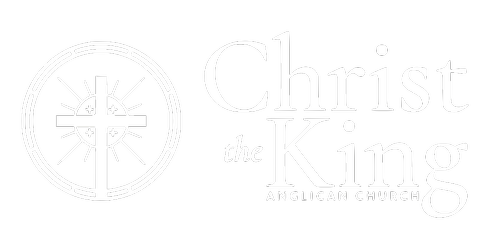Pilgrimage and the Wound of Grace
In our spiritual journey, the tale of Saint Brendan the Navigator offers profound insight. At the heart of this narrative is a wound of longing for the divine, a metaphor for our yearning for the promised land of saints, or heaven. The central lesson from Brendan's voyage is the necessity of movement towards God—an invitation to embrace pilgrimage as the shape of the Christian life. Psalm 84, the main scripture discussed, is a pilgrim psalm reflecting this journey through its themes of longing, distance, and movement towards God's presence. Like pilgrims before us, we are called to acknowledge that our spiritual path is ongoing, marked by a yearning for deeper intimacy with God. This is a corrective to the immediate satisfaction culture of consumerism and shallow evangelical immediacy. The message is a reminder that true satisfaction comes from the journey, from longing well, encouraging us to make real pilgrimages in our life, whether by traveling to sacred places or engaging in spiritual disciplines that draw us closer to God.
Here are some questions for discussion or reflection:
How does the metaphor of 'a wound in the heart' inspire our understanding of spiritual longing and journey within the context of St. Brendan's story?
In what ways does the concept of pilgrimage challenge or complement modern Christian practices that prioritize immediacy and comfort?
How can we cultivate a 'holy dissatisfaction' within our spiritual lives, as mentioned in the homily, to drive a deeper connection with God?
What are the parallels between the pilgrim's journey in Psalm 84 and our own spiritual paths towards a deeper relationship with God?
How does grace manifest as a 'wound' in our lives, propelling us towards transformation and spiritual enlightenment?
What can we learn from monastic life and its emphasis on a continual spiritual journey, as highlighted in the homily?
How does the practice and concept of pilgrimage facilitate the formation of spiritual disciplines in our daily lives?
In what ways can embracing a 'penitent' mindset help us grow and progress in our faith journeys, according to the sermon?
How do the themes of 'holy envy' and longing for the presence of God, as described in the psalm, resonate with your personal spiritual experiences?
What role does spiritual community play in supporting individuals on their pilgrimage towards a deeper relationship with God, as illustrated in the homily?
